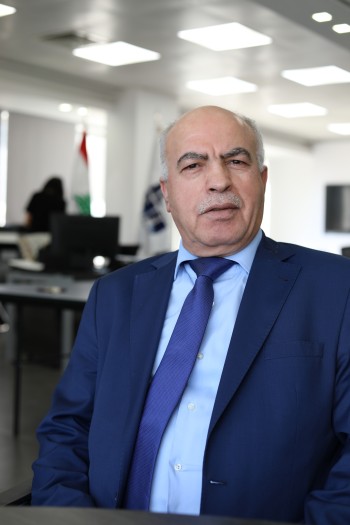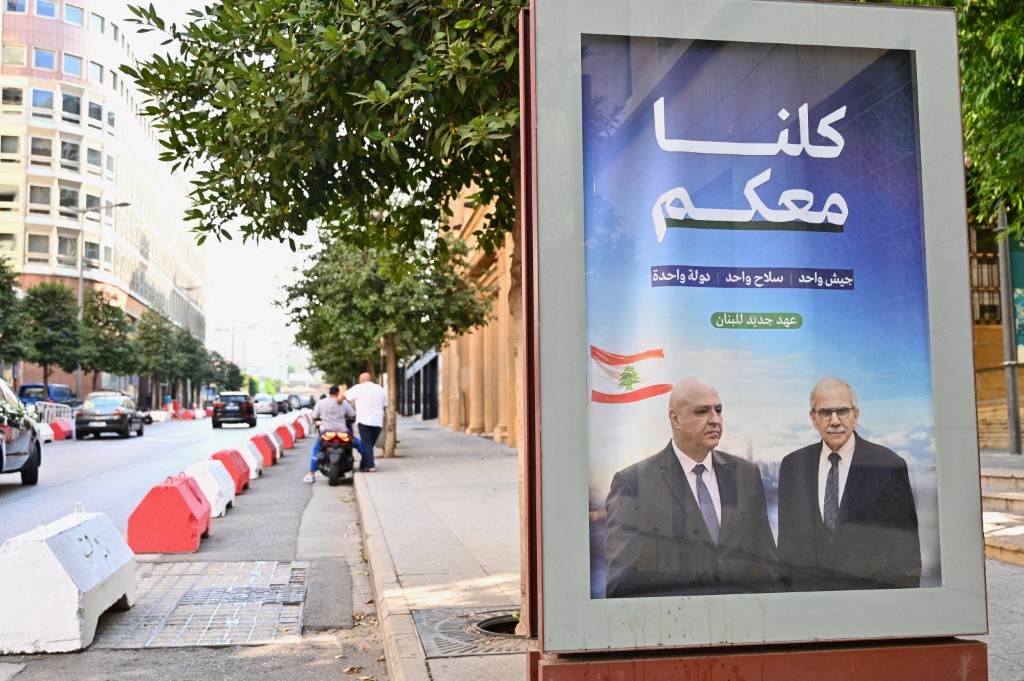Between the cabinet sessions of August 5 and September 5, much has shifted—particularly on the sensitive issue of “exclusive state control over weapons.” The outcome, however, was presented as a “win–win” formula, both domestically and internationally.
While reactions from Washington, European capitals, and Arab states to Lebanon’s latest cabinet session remain pending, the more decisive development lies in the political settlement reached ahead of the meeting. The compromise over the weapons file allowed all sides to climb down from rigid positions.
Even though ministers from the Shiite “duo” walked out when Army Commander Gen. Rodolph Haykal presented the military’s plan to consolidate arms under state control, all sides ultimately framed the outcome as a victory. The army’s plan, judged realistic and consistent with its stretched resources in the south and elsewhere, avoided rigid deadlines. It will begin south of the Litani River, gradually expanding in phases, with monthly reports submitted to the cabinet.
A “Win–Win” Breakdown
President Joseph Aoun emerged with the assurance that the weapons issue would be addressed within the framework of a “national security strategy”—an approach he has long been advocating in consultations with "Hezbollah" and Amal. The cabinet thus restored the file to its constitutional and policy track, as outlined in the presidential oath and ministerial statement. This positions Aoun to call a national dialogue at any time, bolstered by Speaker Nabih Berri’s recent call for “calm and consensual” talks. He is also expected to highlight this progress at the UN General Assembly on September 25, demanding Israel’s withdrawal from the south and underscoring Beirut’s efforts to consolidate the decision of war and peace within the state.
Prime Minister Nawaf Salam secured validation of his cabinet’s decision to restrict arms to the state. The army’s phased implementation confirms the policy is underway, despite claims that the government softened its stance by only “welcoming” the plan. Political forces that backed Salam’s push in early August continue to view themselves as winners, supporting his insistence on disarmament and pressing for swift implementation.
"Hezbollah" and Amal also claim victory. The cabinet reframed priorities in their favor, linking disarmament to Israel’s compliance with UN Resolution 1701, a ceasefire, territorial withdrawals, prisoner releases, and reconstruction. The weapons issue was deferred to the promised national dialogue and the army’s execution—averting a confrontation that might have sparked civil strife.
Berri’s “Embroidery”
The compromise was carefully “stitched together” by Speaker Nabih Berri, through intensive contacts with President Aoun, Prime Minister Salam, and the army chief in the days leading up to the session. All sides agreed to avoid steps that could endanger civil peace or fracture the government under street pressure. The cabinet’s statement, paired with its “welcome” of the army’s phased plan, sealed the deal—while laying the groundwork for a broader national security strategy.
Looking Ahead
Attention now shifts to Israel’s response, as it continues to defy the ceasefire and hold the occupied territories. Another focal point will be the visit of U.S. presidential envoy Morgan Ortagus, who this time is accompanied by CENTCOM commander Adm. Brad Cooper—signaling a distinctly military dimension.
Regionally, eyes are also on Arab and, particularly, Gulf capitals. These states, alongside Washington, had strongly supported the cabinet’s August resolutions on weapons and the U.S.-backed proposal they endorsed. Their engagement will be critical to Lebanon’s ability to sustain the delicate balance struck in Beirut.
Please post your comments on:
[email protected]
 Politics
Politics








